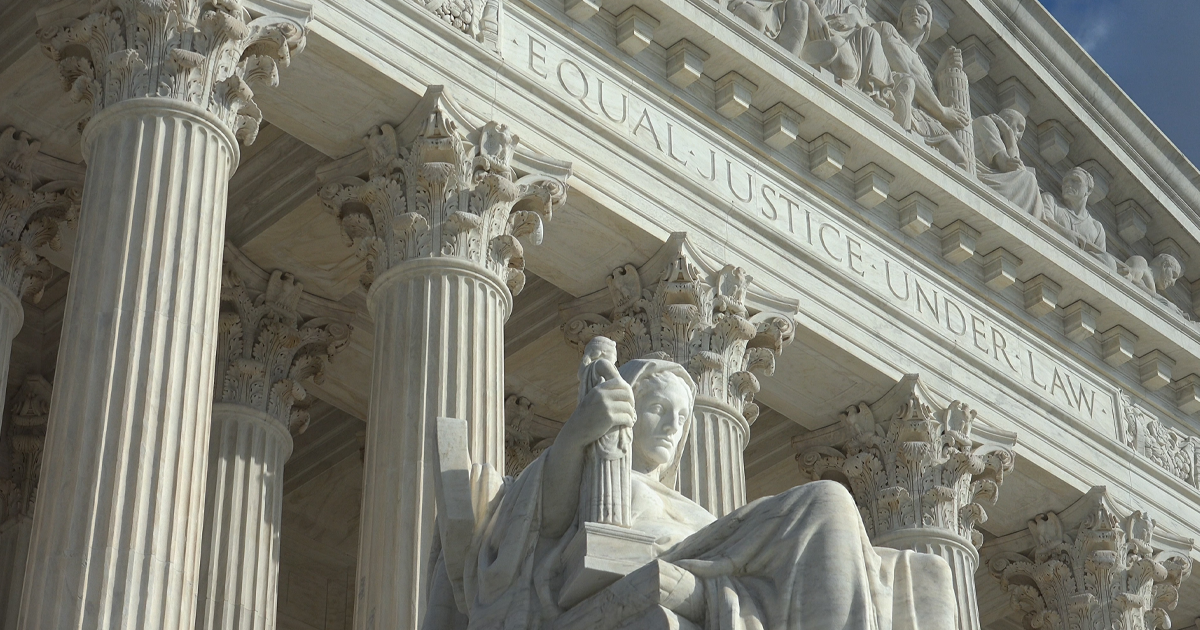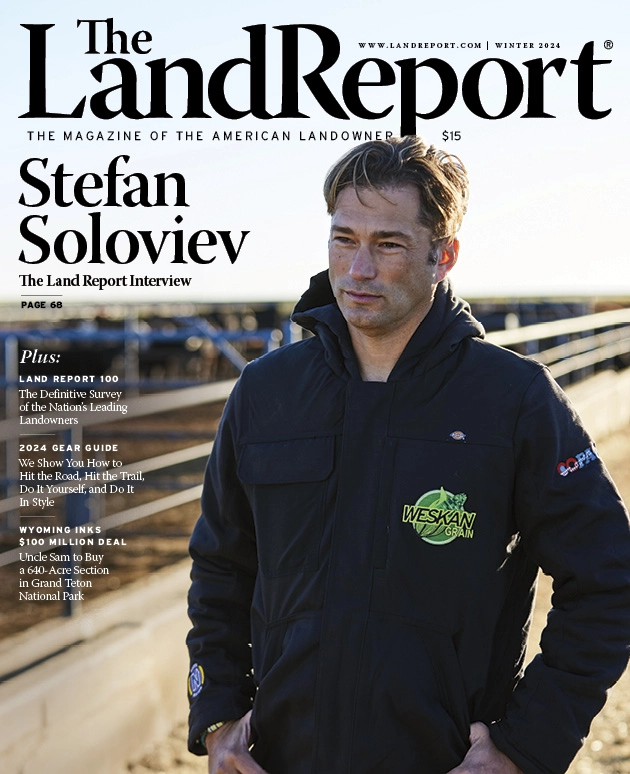The End of the Chevron Era
The End of the Chevron Era
By Carrie Haderlie

LR_Chevron-01
On June 28, the Supreme Court voted 6-3 to overturn a 40-year legal precedent known as Chevron deference. The name refers to a high court decision, Chevron v. Natural Resources Defense Council, which shifted policymaking functions away from elected representatives in Congress to experts at federal agencies. Charles Yates, an attorney in the Pacific Legal Foundation’s environmental-practice group, explained Chevron and discussed the implications of this momentous decision for timberland owners in a webinar hosted by the Forest Landowners Foundation on September 4.
What Was Chevron Deference?
In 1984, the Supreme Court granted federal executives wide-ranging power to interpret laws when the statutory language passed by Congress was deemed ambiguous. The result has been described as “agency overreach.”
“Within a few years, [Chevron deference] had really grown into a monster which fundamentally altered the operation of our government,” said Yates.
Legislation, Not Interpretation
Overturning Chevron is less about creating a “pro-regulatory” or a “deregulatory” environment. Instead, it is all about how our government functions. In all likelihood, this ruling will create greater regulatory stability for landowners and put them on a more level playing field when dealing with federal agencies regarding statutes such as the Endangered Species Act.
Now Congress will be required to create specific legislation to address how agencies such as the Environmental Protection Agency implement the Clean Water Act and the Endangered Species Act.
“This was really a decision on the constitutional separation of powers,” said Yates.
No More Ping-Pong
Under Chevron deference, there wasn’t any meaningful judicial scrutiny of how federal agencies were to apply and enforce laws. A statute could mean one thing when a Democrat was in office and something completely different when a Republican took office, despite the fact that there was no change in the underlying statutory text. Congressional lawmaking must now come first.
The end of Chevron deference means an end to a sort of regulatory ping-pong. It is now up to the courts, and not Biden’s EPA or Trump’s EPA, to say what the law means.
“Politicians absolutely love[d] this, because they could have their cake and eat it too. If what an agency did was politically popular, they could take credit for it. But if what the agency did was unpopular, they could blame the agency and claim they never voted for what the agency did,” said Yates.
Published in The Land Report Fall 2024.




